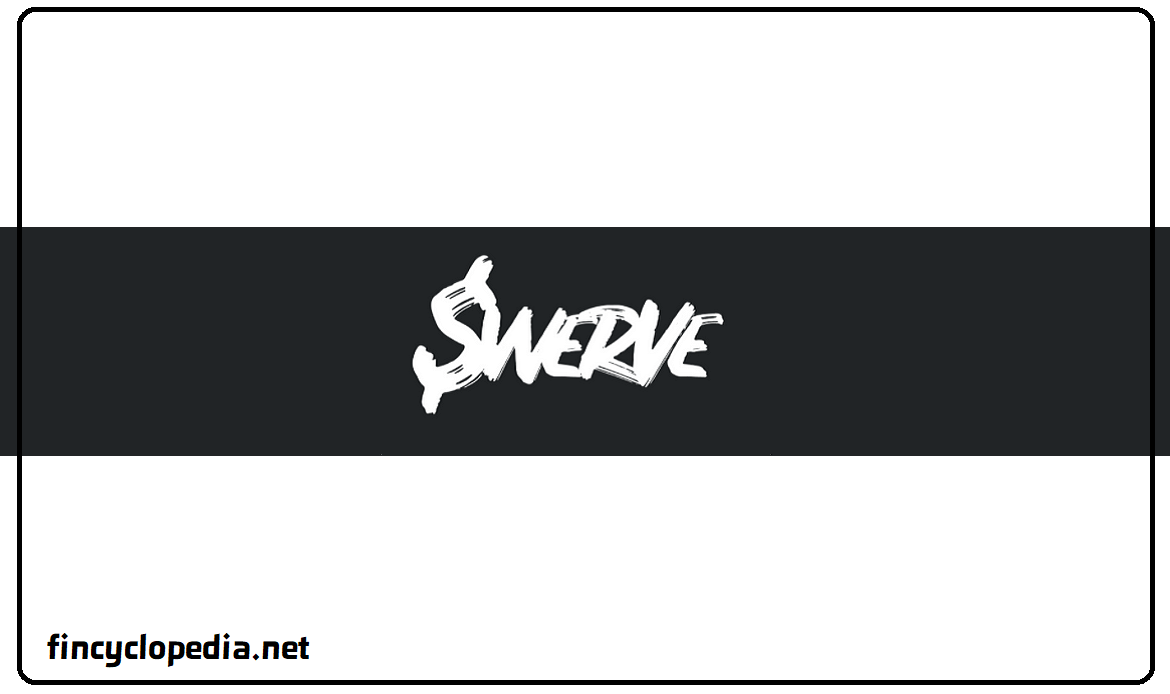A stock of a company that is not perceived to be aligned with “moral” or “ethical” norms and values, such as caring for the environment, the society, human rights, and so on. “Sinful” companies are deemed to have no sustainable business operations and practices, etc. They derive their revenues from activities that are considered harmful to the broader economy, society, or environment. Examples include the purveyors of tobacco, alcohol, gambling, weapons, and pornography, and even companies with black marks on their labor or human rights reputations.
Sin stocks are often considered to be relatively counter-cyclical. That is, sinful companies are often insulated from economic recessions because most people feel they can’t simply stop consuming addictive harmful products or leisure activities. In the short run, that depends, of course, on consumers’ ability to continue spending during times of downturns and economic crises. However, over the long term, sin stocks outperform other stocks, when economic conditions improve, because consumers return quickly to their previous “aberrant” consumption habits and life style.






